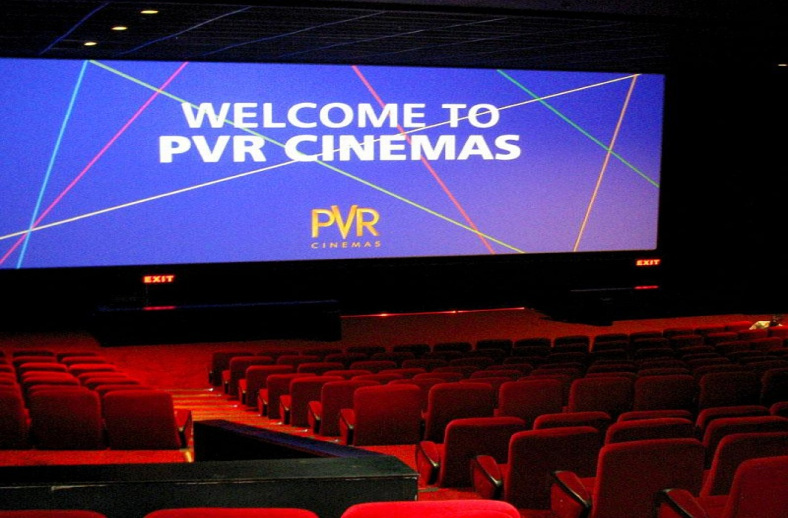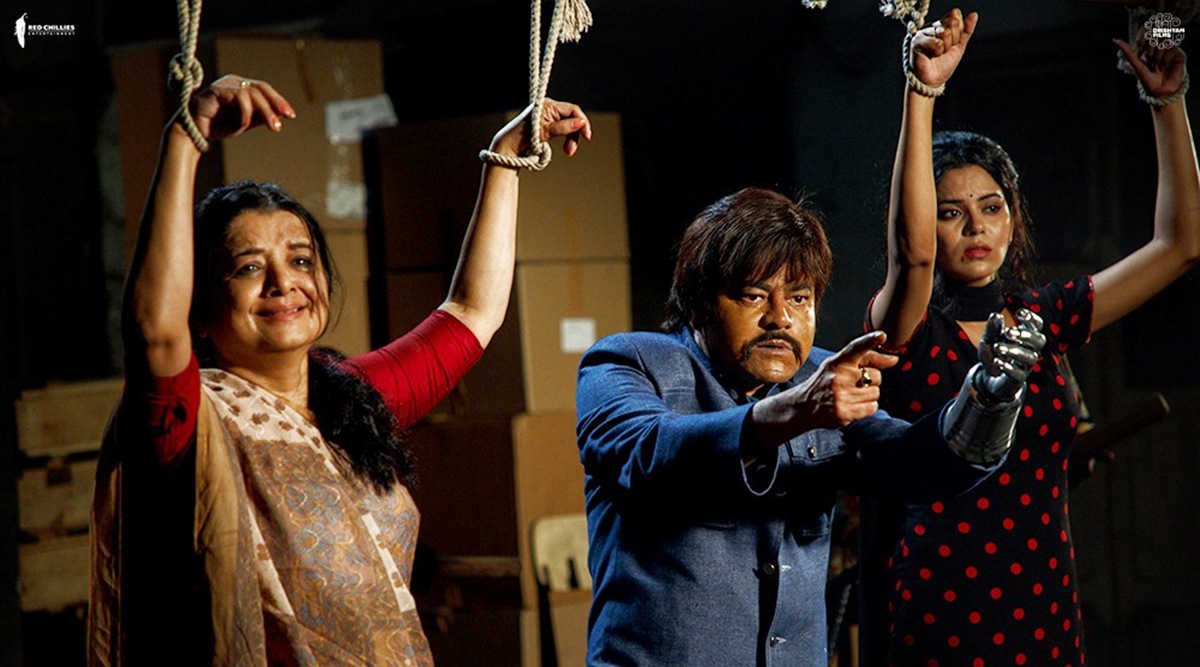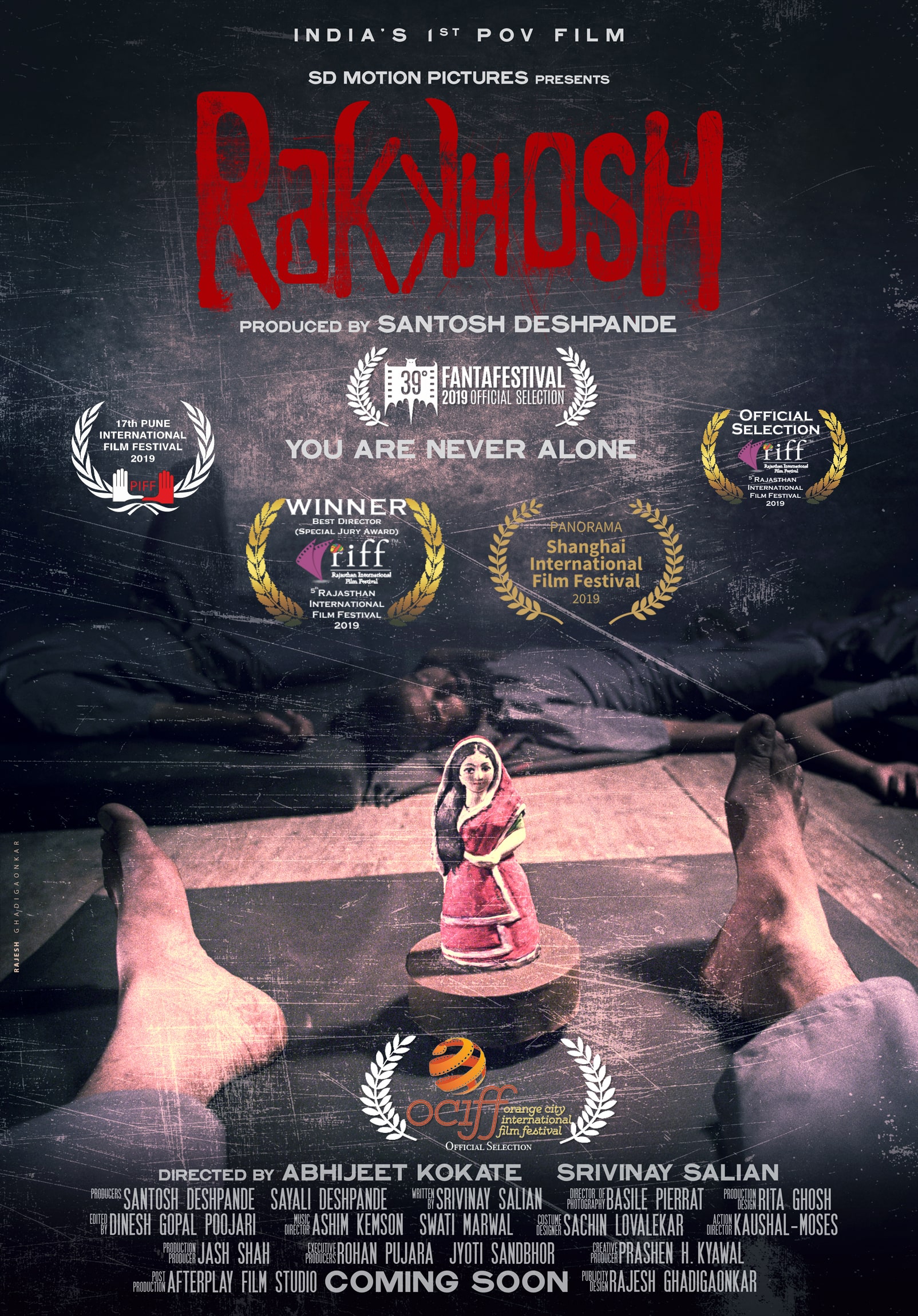By Rohan Murti
The most tedious conversations surrounding faith begin with the question, “Do you believe in God?” The question is as counterproductive on screen as it is in real life. Consider Peter Russo (Corey Stoll) in House of Cards asking Douglas Stamper (Michael Kelly) after an AA meeting, “You believe in all that higher-power stuff they talk about in the room?” – a scene that fleets away in a few seconds of screen-time. Remind yourself of Ganesh Gaitonde’s (Nawazuddin Siddiqui) first conversation with Sartaj Singh (Saif Ali Khan) in Sacred Games that begins with the iconic phrase “Bhagwaan me maante ho? (Do you believe in God?)” only to end abruptly; or of Hank Palmer’s (Robert Downey Junior) private chat with his father in The Judge that some might estimate to be shorter than a greeting, starting with “You think there’s something else after we die?” Andrei Tarkovsky’s handling of the question of faith is by no means rich in dialogue. It is unhurried in its pacing, and according to many, lacks a central message.
Stalker follows the story of three men entering into “the Zone” – an area, cordoned off by the government, that has witnessed a possible visitation from outer space. The Writer (Anatoly Solonitsyn) hopes to find his long-lost inspiration in the Zone, while the Professor (Nikolai Grinko), a physicist, regards it as a gift to mankind. Guiding them through their journey is the Stalker, played by a resigned, beaten-down, yet hopeful Alexander Kaidanovsky whose voice-over drives the narrative when the camera is pointed at the various aspects of the Zone. As he re-enters the Zone with the Writer and the Professor, the Stalker seems morose, frightened, and unsure; unlike his companions, who display the stoic certainty of people of the world. Certain aspects of the Zone are out of the Stalker’s experience, who still struggles to remain coherent while describing them to his companions.
We realize over time that there is something amiss about the way things look and sound in the Zone. The sound of a shoe landing on a block of stone faintly resembles that of an electric spark; the flowers seem to have lost their odor, the gushing of a river can only be heard at intervals, and the characters struggle with the problem of hearing things that none of the others have said. The Zone reveals itself in fragments through Tarkovsky’s archetypal lingering camera and makes itself heard through Eduard Artemyev’s magical sound design. Its aural landscape is a blend of natural sounds – another Tarkovsky specialty – and artificial electronic sounds generated using the Synthi 100, an analog/digital hybrid synthesizer designed less than a decade before the film was released. The recognizable sounds in the Zone make it resemble a tropical forest in the outskirts of a bustling city. One hears the distant song of a cuckoo bird, a repetitive train whistle, the incessant howling of a wolf; and water, everywhere – gurgling, dripping, rushing, trickling; and reflecting the characters’ faces as they sleep, partly submerged in it.
I find it difficult to categorize Stalker under science fiction despite it being an interpretation of a sci-fi story written by the Strugatsky brothers (Roadside Picnic, 1972). Alexander Knyazhinsky’s camera rids itself of any obligation whatsoever to appeal to the senses. In a montage where the camera wafts over the tiled flooring of one of the Zone’s rooms; we see everything from used syringes, lichen-infested mounds of grass, cigarette butts, broken mirrors, to revolvers and a maze of wires connecting heavy electrical equipment. The characters, like Knyazhinsky’s probing lens, are looking to discover the Zone from up close. They spend a majority of their time philosophizing and ruminating on what makes them happy. In a particular scene, as the Stalker wakes up from slumber, an insect crawls up his bandaged neck and returns to the filthy swamp that surrounds the mound of grass where he lays. The Stalker wakes up, squints into the distance, and begins his day by softly invoking his God’s name in prayer. Tarkovsky’s mis en scène is probably aimed at inspiring in the viewer a similar prostration to nature, to be able to better understand and contend with his idea of spirituality.
The film tends to make you pliant as it wraps up. It attaches an urgency to the question of what makes you innately happy. As you recollect your past to try and answer this question, the profundity of one of the Stalker’s aphorisms rings true – when we think of the past and recollect it, we become kinder.









Leave A Comment
You must be logged in to post a comment.